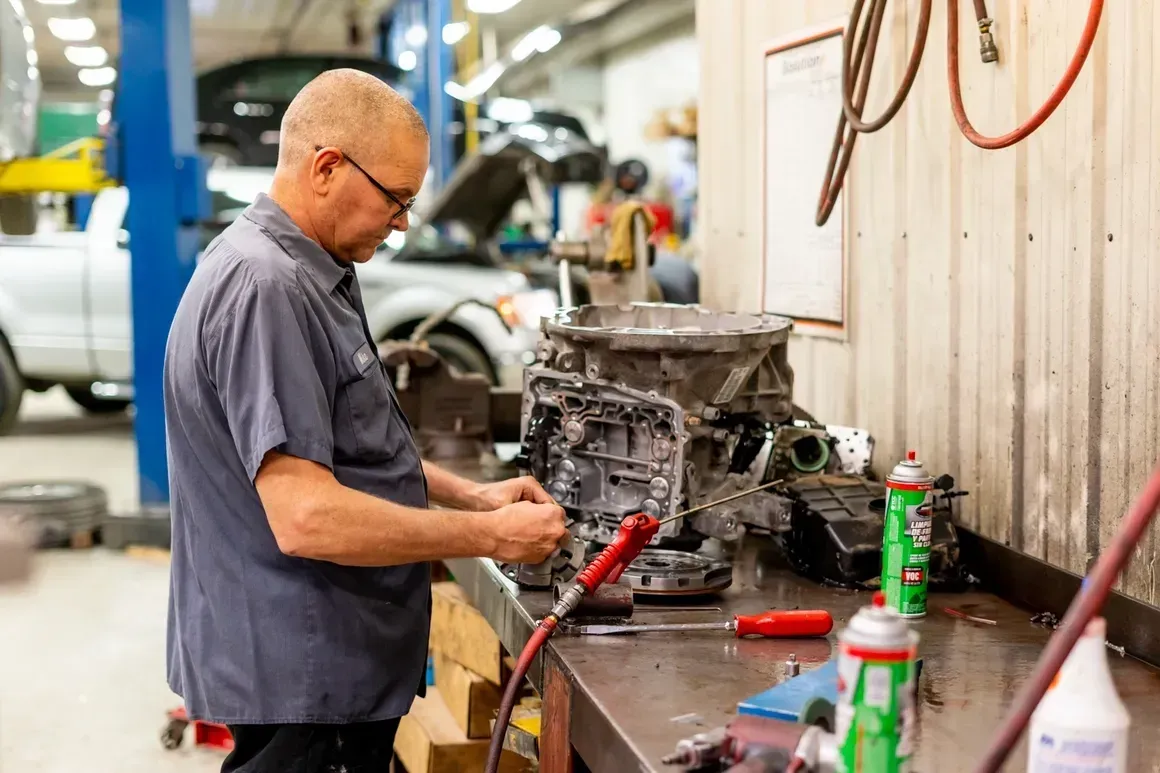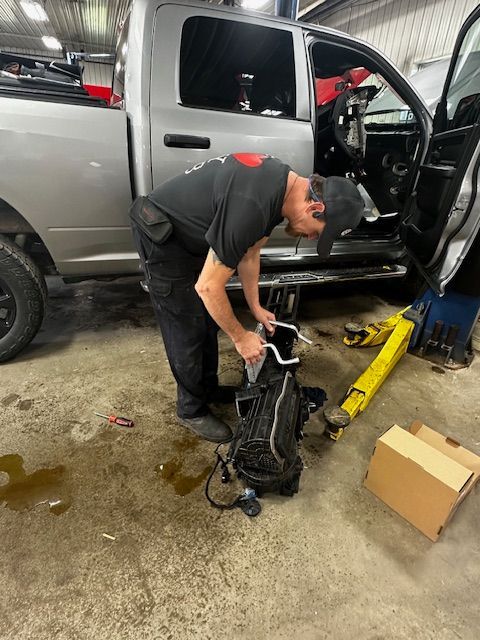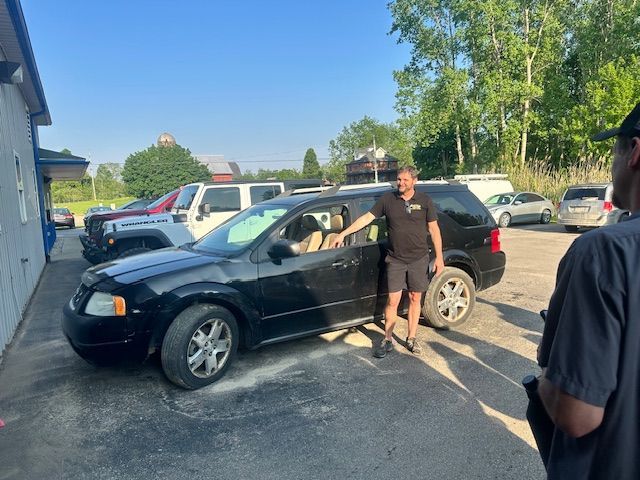October 22, 2025
When you start your car and head out on the road, there's a lot happening under the hood that most drivers never think about. One of the most important parts working behind the scenes is the timing chain. While it might not get the psotlight like brakes, tires, or batteries, it plays a critical role in keeping your engine running smoothly. What Is a Timing Chain? A timing chain is a strong metal chain inside your engine that connects the crankshaft and camshaft(s). Think of it like the conductor of an orchestra- it makes sure all the engine's moving parts stay in perfect rhythm. The pistons and valves have to move at exactly the right time, and the timing chain makes that hapeen. Without it, the engine simply wouldn't run. Do All Cars Have Timing Chains? Not all cars use a chain. Every enegine needs a timing system, but some manufacturers use a timing chain (metal) while others use a timing belt (reinforced rubber). Both do the job, but chains generally last longer, while belts need replacement sooner. Why Is The Timing Chain So Important? The timing chain ensures precision inside your engine. If it stretches, skips, or breaks, the engine's timing is thrown off- and that ca lead to serious and costly damage like bent valves, piston damage, or even complete engine failure. In other words, when the chain fails, it can take the whole engine with it. How Long Do Timing Chains Last? One of the benefits of a chain over a belt is lifespan. Timing chains are designed to last a very long time- often 150,000-200,000 miles, and sometimes for the entire life of the vehicle. That said, they aren't invincible. The chain itself can stretch, and the guides or tensioners that keep it tight can wear down over time. Maintenance and Warning Signs Timing Chains are lubricated by engine oil, so the best way to take care of them is by keeping up with regular oil changes. Dirty or low oil can speed up wear and tear. Some common warning signs of timing chain touble include; -Rattling noises from the engine, especially at startup, -A check engine light, -Rough idling or misfiring. If you notice these symptoms, it's a good idea to have your vehicle inspected before the problem turns into something bigger. Why Do Timing Chains Need to Be Replaced? Eventually, even tough metal chains wear out. they can stretch, lose tension, or their guides can fail. Replacing a timing chain isn't cheap, but it's still much less expensive than repairing or replacing an engine after the chain has failed. The Bottom Line Your timing chain might not be something you think about often, but it's one of the hardest-working parts of your engine. With regular oil changes and good maintenance habits, it can last for years without trouble. But keeping an ear out for warning signs- and addressing them early-can save you from major engine damage down the road.






